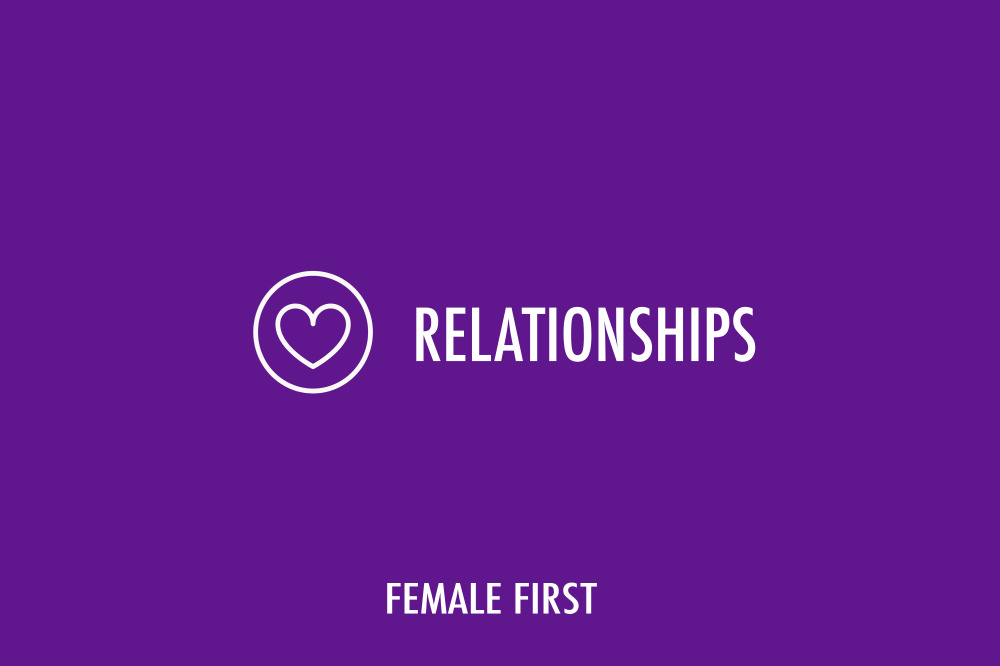Paula Shields has been treating women with intimacy disorders and addiction and is Programme Director at Rise, a speciality programme at The Cabin Group, which is run by women for women.

Relationships on Female First
What is an intimacy disorder?
An intimacy disorder is a condition that makes it difficult to establish close or intimate relationships with others. Intimacy disorders are poorly defined; however, they describe a category of behavioural and mental health issues that include sex addiction; relationship addiction; and love addiction and love avoidance.
People with intimacy disorders may find it difficult to develop, maintain, and express appropriate types and levels of intimacy. Someone who struggles with intimacy disorder may have trouble relating to other people and forming relationships and bonds. They may desperately seek affection and intimacy while simultaneously feeling ashamed of wanting it, pushing people away who get close. Other people may avoid forming bonds at all costs, since doing so makes them feel very uncomfortable.
Who is affected by intimacy disorders?
Intimacy disorders can affect high achieving women and the self-employed. Generally speaking these women are often successful, ambitious go-getters who simultaneously deny the need for closeness and reject any notion that they could be anxious or vulnerable. Whilst they excel at work, they may struggle to identify emotional cues or display empathy. If you were to challenge their behaviours, you may be met with denial and strong resistance, which could damage working and personal relationships. This fear of entering and sustaining a close relationship can mean that women with intimacy disorders throw themselves into their career at the expense of relationships with others.
Signs that may indicate intimacy disorders include:
- Fear of making long-term commitments to a relationship partner
- Fear of being relied on (emotionally or otherwise) by a relationship partner
- Fear of showing empathy toward a relationship partner
- An unfounded lack of trust in a partner
- Difficulty acting affectionately toward a partner
- Fear of discussing important needs with a partner
- Fear of acting spontaneously in front of a partner
- A general fear of communicating openly with a partner
Many people whose early lives have been disrupted by addiction, trauma, depression, and other mental and/or behavioural health issues also struggle with intimacy disorders. The fear of being rejected if someone “really knew me” makes it hard for these individuals to cope with life and thus turn to addictions as a means to cope.
What to do about an intimacy disorder
For many women with intimacy disorders, the fear of being found out, exposed as different or abnormal can have the effect of driving people further into the abyss of their disorder. This isolates them from the compassionate help they need from trained professionals and therapists. The support that therapy offers is highly recommended for those who struggle allowing others close. Intimacy disorders often have their roots in unresolved trauma such as emotional abandonment or physical abuse, and the disorder is driven by an underlying fear of the interactions that form the basis for close relationships. Therapy offers a new perspective of yourself, a safe environment to discuss your issues and to find new ways of trusting and relating which will allow you to establish these close relationships that you are struggling with.
tagged in Partner Relationship
